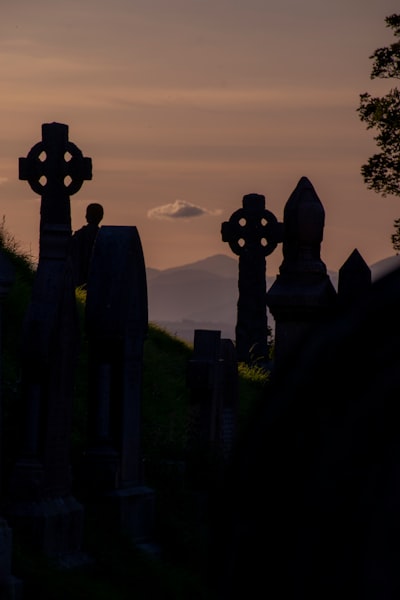Let’s drop the fairy tale. A man from Ireland tumbles down the slopes of Gunung Rinjani, clinging to life amid Indonesian clouds and volcanic ash, and suddenly the whole world drools over his ‘survival story.’ Cue headlines, clickbait, and yet another Instagram update: #Blessed, #Survivor, #NatureHeals. But here’s the filthy secret we never admit—your mountain selfies and sanitized tales of ‘adventure’ are nothing but sanitized ego-trips, drenched in privilege, masking humanity’s profound disconnection from the very wilderness we fetishize.
The hypocrisy stinks. We buy trekking poles, pay $1000 for boots flown in from Europe, and pretend we’re ‘discovering ourselves’ while tipping porters pennies and trashing the very landscapes we exploit for clout. The Irishman who fell isn’t a hero. He’s an accidental symbol—a living, breathing indictment of our insane, commodified relationship with nature. We flood Bali and Lombok with dollars and camera-lens entitlement, turning sacred mountains into selfie-factories. And when someone nearly dies, Western media salivates, elevating the story to near-holy parable status, erasing local voices who face that danger daily for minimum wage.
Let’s get brutally honest: survival stories aren’t proof of courage. They’re evidence of recklessness dressed up as grit. Climbing Rinjani is not a ritual; it’s recreational Russian roulette played by tourists who can walk away—but locals clean up the mess when things go wrong. Worst of all, every ‘inspiring’ story like this lulls another batch of morons into thinking they too can gamble with nature and win. What we call adventure is a disposable consumer experience, shielded by insurance, padded by privilege, and sanitized for your feed.
Ask yourself—when did adventure stop being about humility and start becoming about dominance and exhibitionism? Why do we worship survivors after the fall, but ignore the silent, grinding resilience of the locals who live and die by those trails? Why do we lie about risk, calling our foreign escapades transformative, when the only thing transformed is our digital persona?
If this story makes you uncomfortable, it should. Maybe the next time you pack for some bucket-list destination, you’ll ask whether you seek awe or applause. Or maybe, you’ll just scroll to the next survivor miracle and keep peddling the same lies. But don’t pretend you really love the mountain. If you did, you’d let it be wild, untamed, and never reduced to a backdrop for your curated tale of ‘bravery.’

Comments
No comments yet. Be the first to comment!